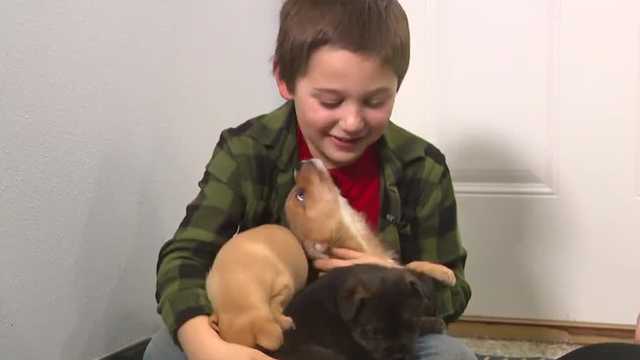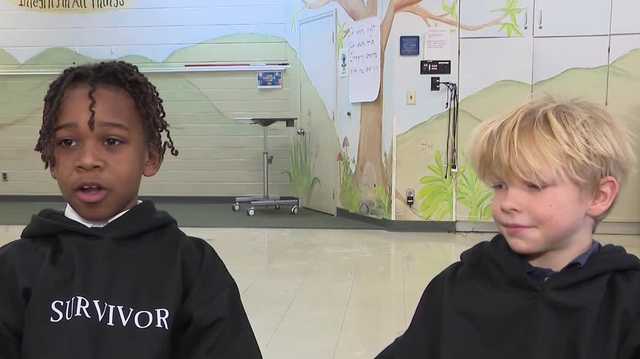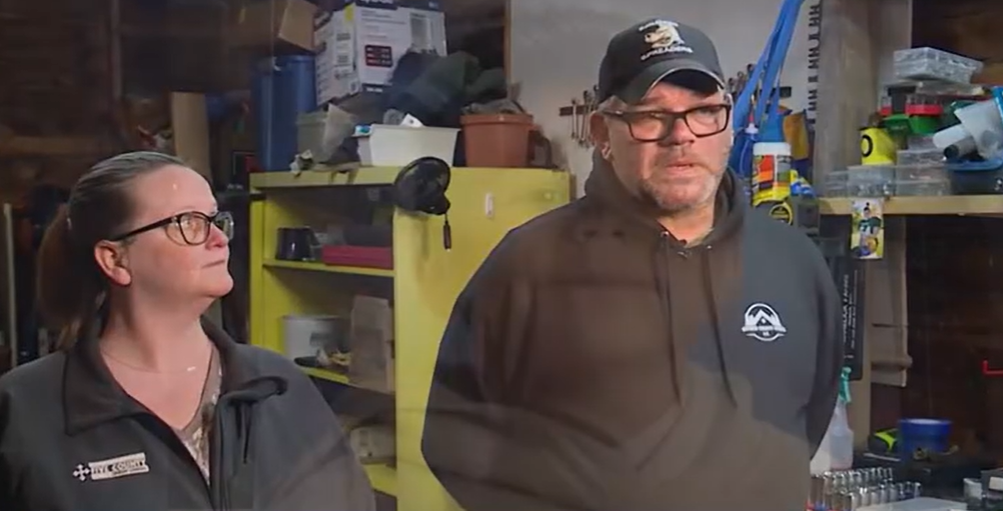Investigation underway after phones found recording in Konawa High School locker room
By Jason Burger
Click here for updates on this story
KONAWA, Okla. (KOCO) — An investigation is underway at Konawa High School after three phones were found recording inside the girls’ locker room, with all devices placed by the same person.
The district reported that one of the phones was discovered on Friday, concealed and actively recording during a girls’ basketball practice.
In a letter to parents, the district’s superintendent wrote, “Upon discovery, it was determined that a student attempted to conceal the phone while it was recording. The video did not contain any images of other students.”
It remains unclear how long the devices were in the locker room. All three phones have been turned over to Light Horse Police as the investigation continues.
The same letter to parents stated, “While the devices were discovered during the final hour of the school day, we are unable to definitely determine how long they had been in place.”
The district would not share information about the student involved due to the Federal Education and Privacy Act.
In the letter to parents, the superintendent assured them that disciplinary and precautionary measures had been taken to prevent a recurrence of the incident.
The school district also noted that the FBI could become involved in the investigation if necessary.
Please note: This story was provided to CNN Wire by an affiliate and does not contain original CNN reporting. This content carries a strict local market embargo. If you share the same market as the contributor of this article, you may not use it on any platform.




